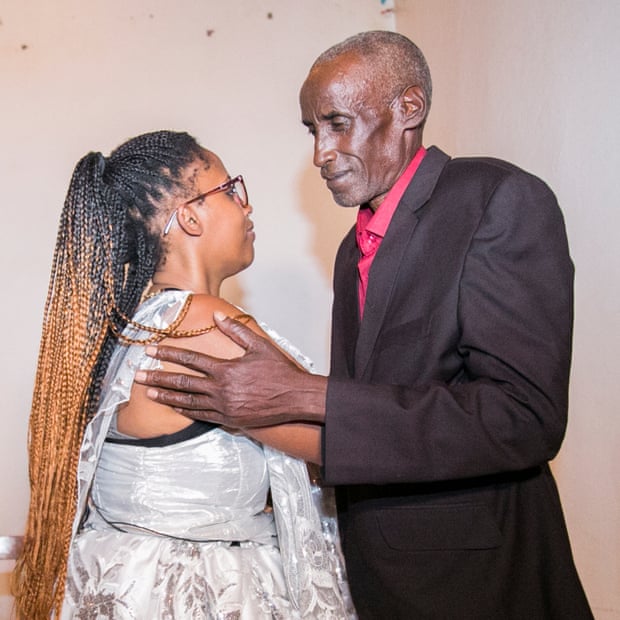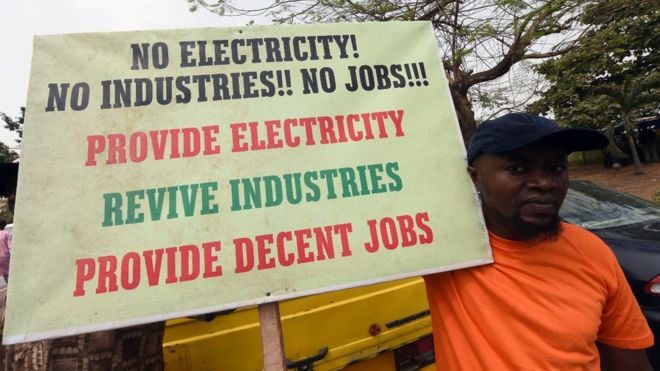After Mrs. Mugabe and her political allies tried unsuccessfully to eliminate her political rival, Mr. Mnangagwa and the military, she and her husband were placed under house arrest. Many Zimbabweans are reluctant to vilify their former President because of his political legacy of being their first President, but they do not hold back their blame and criticisms for Grace Mugabe, who is known for frivolously spending money on luxury items, earning her the name of Gucci Grace, as written by BBC news. Also, The New York Times states that "the Mugabe's are believed to have accumulated vast wealth in Zimbabwe as well as in the Middle East and Asia"(Onishi, The New York Times). Therefore he may move to one of those two regions, if he and his wife are not granted immunity. However, as of now, he remains in Zimbabwe.
 Mugabe at a security meeting, The New York Times
Mugabe at a security meeting, The New York Times The Mugabes, BBC News
The Mugabes, BBC Newshttp://www.bbc.com/news/world-42108646
https://www.nytimes.com/2017/11/23/world/africa/zimbabwe-mugabe-mnangagwa.html?rref=collection%2Fsectioncollection%2Fafrica&action=click&contentCollection=africa®ion=stream&module=stream_unit&version=latest&contentPlacement=8&pgtype=sectionfront


%20460.jpg)

